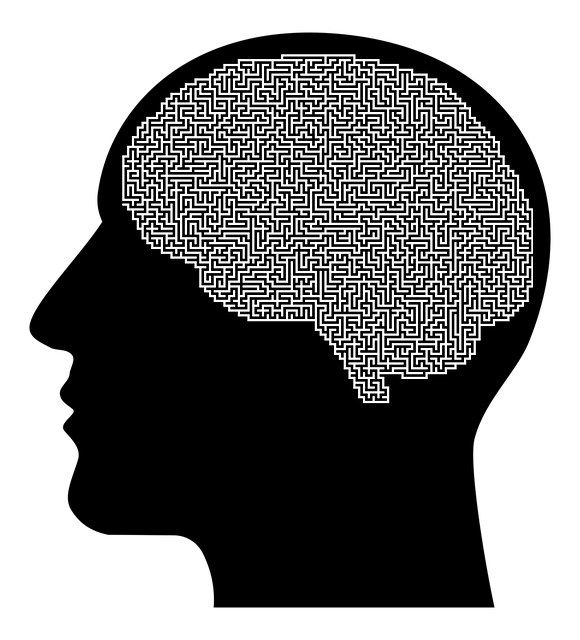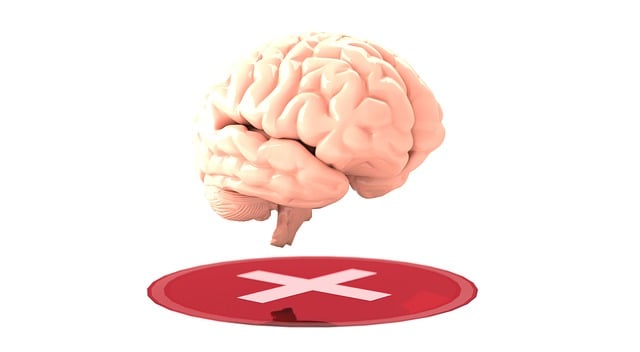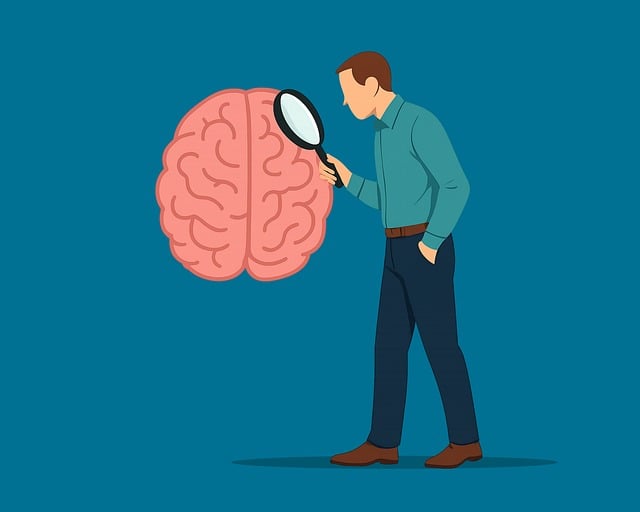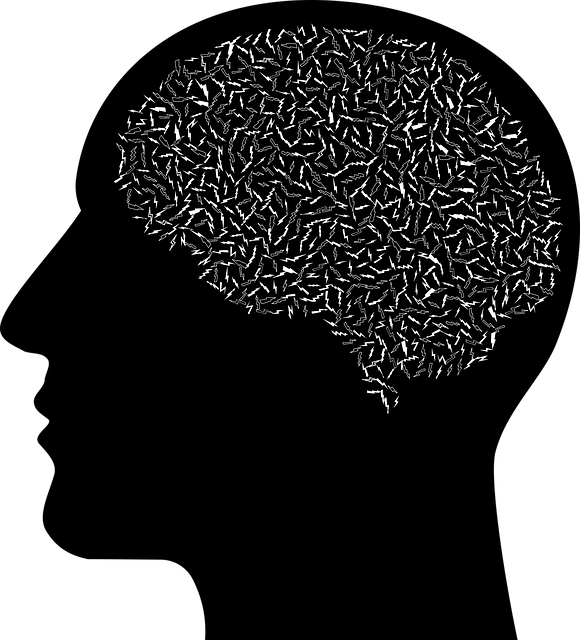Lafayette Chronic Pain Therapy recognizes the close relationship between depression and chronic pain, offering comprehensive treatment plans that address both. They promote emotional health through mindfulness, relaxation, and culturally sensitive care, emphasizing lifestyle changes like exercise and balanced diets for mental well-being. Cognitive Behavioral Therapy (CBT) and medication, including antidepressants, are utilized to combat depression, with early intervention and support networks as key strategies. Lafayette Chronic Pain Therapy provides tailored symptom management strategies, focusing on long-term recovery and improved lifestyle habits through holistic care.
- Understanding Depression and its Connection to Chronic Pain
- Lifestyle Changes for Better Mental Health
- Cognitive Behavioral Therapy (CBT): A Powerful Tool
- The Role of Medication in Preventing Depression
- Building a Support Network and Practicing Self-Care
Understanding Depression and its Connection to Chronic Pain

Depression and chronic pain often go hand in hand, creating a complex interplay that impacts an individual’s emotional well-being. In Lafayette Chronic Pain Therapy, understanding this connection is vital to developing effective treatment plans. Depression can arise as a result of prolonged exposure to pain, leading many individuals down a spiral of despair and negative thinking patterns. The constant presence of chronic pain can significantly impact one’s quality of life, making simple tasks overwhelming and contributing to feelings of hopelessness.
Promoting emotional well-being through various techniques is essential in prevention strategies. This includes teaching individuals coping mechanisms to manage their pain, such as mindfulness exercises and relaxation practices. Additionally, crisis intervention guidance plays a crucial role in supporting those suffering from depression related to chronic pain. Cultural sensitivity in mental healthcare practice is also important, ensuring that treatment plans are tailored to individual needs while respecting diverse cultural backgrounds and beliefs.
Lifestyle Changes for Better Mental Health

Adopting a healthy lifestyle is a powerful tool in the prevention and management of depression. Simple yet effective changes can significantly impact an individual’s mental well-being. Regular physical exercise, for instance, releases endorphins that boost mood and reduce stress. Incorporating activities like yoga or walking into daily routines can be a great start. Additionally, prioritizing quality sleep and maintaining a balanced diet are essential; these basic pillars of health are closely linked to emotional stability.
In the context of Lafayette Chronic Pain Therapy, understanding mind-body connections is vital. Techniques such as mindfulness meditation and compassion cultivation practices promote self-care and emotional resilience. These practices encourage individuals to focus on the present moment, fostering a sense of calm and reducing negative thought patterns. Combining these with crisis intervention guidance can empower people to navigate mental health challenges effectively, ultimately preventing depressive episodes.
Cognitive Behavioral Therapy (CBT): A Powerful Tool

Cognitive Behavioral Therapy (CBT) stands as a powerful tool in the arsenal against depression. This evidence-based approach focuses on identifying and modifying negative thought patterns and behaviors that contribute to depressive episodes, offering individuals coping strategies for better mental health management. By helping patients recognize and challenge distorted thinking, CBT empowers them to develop healthier perspectives and more adaptive responses to stress and challenges.
In the context of Lafayette Chronic Pain Therapy, CBT plays a crucial role in addressing both physical and psychological aspects of pain. It aids in managing chronic pain by teaching individuals effective mood management techniques and burnout prevention strategies. Through CBT, patients can navigate their pain experience with enhanced resilience, improving their overall mental health and quality of life, as supported by rigorous Mental Health Policy Analysis and Advocacy studies.
The Role of Medication in Preventing Depression

Medication plays a significant role in preventing depression, particularly in cases where the condition is recurrent or severe. For individuals dealing with chronic pain, Lafayette Chronic Pain Therapy offers specialized approaches that often include pharmacological interventions as part of a comprehensive treatment plan. Antidepressant medications, such as selective serotonin reuptake inhibitors (SSRIs) and serotonin-norepinephrine reuptake inhibitors (SNRIs), can help regulate brain chemicals associated with mood regulation. These medications are particularly effective when combined with psychotherapy, emphasizing the importance of a tailored approach in depression prevention.
Mental health professionals conduct thorough risk assessments to identify individuals at higher risk for depression, enabling them to implement early interventions. Communication strategies and empathy building techniques are crucial components of this process, fostering open discussions about symptoms, fears, and expectations. By addressing both physical and mental aspects of well-being, Lafayette Chronic Pain Therapy aims to provide holistic care that prevents and effectively manages depression.
Building a Support Network and Practicing Self-Care

Building a strong support network is an essential component of depression prevention and management. Connecting with like-minded individuals who understand your struggles can provide comfort, encouragement, and valuable insights. Consider joining support groups or communities where you can share experiences and learn from others facing similar challenges. Online forums and mental wellness podcasts are also great resources to tap into for emotional healing processes and to feel less alone in your journey.
Self-care practices play a pivotal role in maintaining good mental health and preventing depression. Incorporate activities that nurture your physical, emotional, and spiritual well-being into your daily routine. This might include regular exercise, mindfulness practices like meditation or yoga, engaging in hobbies you love, setting healthy boundaries, and prioritizing quality sleep. Remember, the path to optimal mental wellness involves a holistic approach, and Lafayette Chronic Pain Therapy can offer tailored strategies for managing symptoms while focusing on long-term recovery and improved lifestyle habits. For mental health professionals, integrating risk management planning into your practice ensures you are equipped to handle potential challenges and provide the best care for your clients.
Preventing depression, especially for individuals experiencing chronic pain like those seeking Lafayette Chronic Pain Therapy, involves a multifaceted approach. By understanding the connection between depression and chronic pain, adopting lifestyle changes, exploring evidence-based treatments like CBT, considering medication when necessary, and building a strong support network, one can effectively manage symptoms and improve overall well-being. Integrating self-care practices is crucial for breaking the cycle of depression and fostering resilience.










